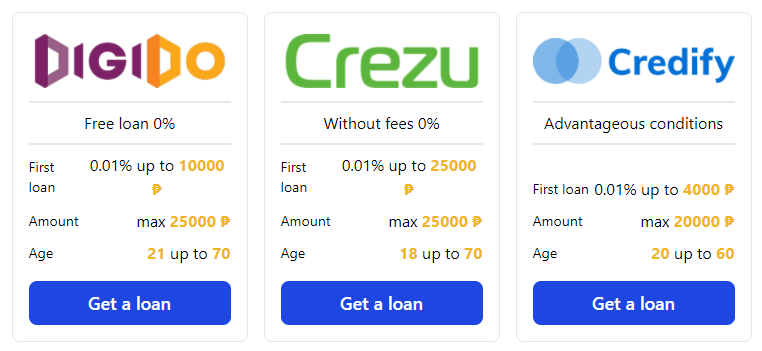Online lending platforms have revolutionized the way individuals access financial assistance. The convenience of obtaining loans from the comfort of one’s home, coupled with the speed at which applications are processed, has made online loans an appealing option for those in need of quick funds. However, like any industry, online lending is not devoid of challenges. Instances of harassment and threats from certain lenders have emerged as concerning issues, casting a shadow over the otherwise convenient lending landscape.
In this review article, CashLoanPH will delve into the multifaceted aspects of online lending harassment and explore actionable steps borrowers can take to safeguard their rights and dignity. Employing the SLAP methodology – Stay Calm, Learn, Arrange, and Pursue – this guide equips borrowers with the knowledge and strategies necessary to address harassment and threats from online lenders effectively.
#1. Staying Calm in the Face of Adversity
When confronted with personal attacks and aggressive communication from lenders or their representatives, it is only human to feel a surge of anger and frustration. However, it is crucial to recognize that reacting impulsively can cloud one’s judgment and undermine the overall pursuit of a resolution.
Instead, the first step is to remain composed and refrain from escalating the situation further. Embracing a level-headed approach not only preserves your emotional well-being but also positions you to respond strategically to the challenges posed by unethical lenders.
#2. Learning the Legal Landscape
Decoding Unfair Collection Practices: Unfair collection practices encompass a range of actions that lenders are prohibited from undertaking during the collection of payments from borrowers. These practices are in place to ensure that lenders employ reasonable and lawful methods to recover debts, while safeguarding borrowers’ rights.
Guardians of Fair Play: Regulatory Agencies and Their Mandates: Regulatory bodies such as the Bangko Sentral ng Pilipinas (BSP) and the Securities and Exchange Commission (SEC) play a pivotal role in overseeing lending activities and collection practices. By adhering to circulars such as BSP Circular No. 454 and SEC Memorandum Circular No. 18, these agencies define and enforce rules that lending institutions must follow.
Demystifying Unfair Debt Collection Practices: Under SEC Memorandum Circular No. 18, a comprehensive list of unfair collection practices is provided. These practices encompass actions such as threats of violence, use of profane language, unauthorized disclosure of borrower information, and inappropriate hours of communication. Understanding these practices empowers borrowers to identify and counteract harassment effectively.
Navigating Consent and Contact Lists: Even if borrowers provide consent, contacting individuals beyond guarantors or co-makers in their contact list constitutes an unfair practice. Privacy laws also prohibit the exploitation of contact lists for harassment purposes, reinforcing the importance of data protection.
Accountability Beyond Outsourcing: Outsourcing collection activities to third-party service providers does not absolve lenders from their responsibility to ensure compliance with collection regulations. The ultimate accountability for fair collection practices remains with the financing and lending companies.
Consequences for Unfair Collection Practices: Violations of collection regulations can lead to substantial penalties, including fines and suspension of lending and financing activities. This underscores the seriousness with which regulatory bodies treat unethical collection behavior.
Online Lending Legitimacy: A Regulatory Gaze: To ascertain the legitimacy of online lending platforms, borrowers can refer to the list of registered platforms on the SEC’s website. Recent moratoriums on new platforms highlight regulatory efforts to balance lending business expansion with consumer protection.
Preserving Dignity: Photo Usage and Privacy: The use of borrower photos solely for identification purposes is explicitly stipulated by the National Privacy Commission (NPC). This prohibition against using photos for harassment reinforces borrowers’ right to dignity and privacy.
#3. Arrange – Crafting a Strong Defense: The Art of Arrangement
Gathering evidence is paramount when planning to file a formal complaint against harassing lenders. By meticulously arranging and preserving text messages, emails, and other forms of communication, borrowers establish a compelling foundation for their case. Just as a skilled baker prepares ingredients before embarking on a culinary journey, borrowers must gather evidence before pursuing a formal complaint.
#4. Pursue – Navigating the Path to Justice
Armed with knowledge and a robust evidence portfolio, borrowers can initiate the process of filing a formal complaint with the relevant regulatory agencies, including the SEC, BSP, or NPC. The choice of agency depends on the nature of the lender. For banks and non-bank financial institutions, the BSP is the appropriate channel, while the SEC handles complaints against online lending companies.
Conclusion: Empowerment Through Awareness
Understanding one’s rights as a borrower is a powerful tool that empowers individuals to demand fair and ethical treatment. The journey to addressing harassment and threats from online lenders begins with education. By adopting the SLAP methodology and staying vigilant, borrowers can navigate the intricate terrain of online lending, distinguishing reputable platforms from those engaging in abusive practices. As we face challenges, let us remember that while financial struggles can take a toll on mental well-being, informed and empowered borrowers possess the resilience to overcome adversities.
